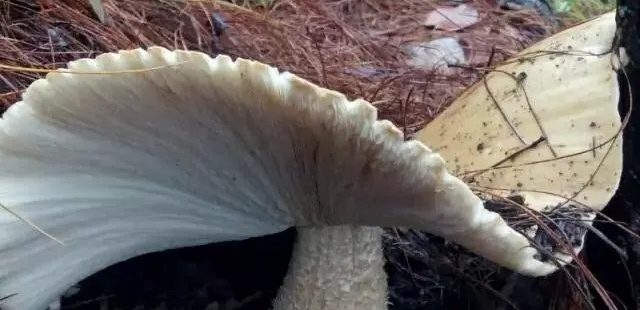Wild mushroom collecting: An open access is not open
Posted on behalf of: Liu Xingyong and Lu Xing, Yunnan University
Wild mushroom is very delicious and nutritious. Yunnan Province in the southwest China has the richest wild mushroom in China and has an annual value of RMB 10 billion (USD1.43 billion). At present, wild mushroom can’t be artificially cultivated and must be collected by farmers in uplands from forests under their canopy. Access to wild mushroom collection is open and anyone can go for wild mushroom collection. However, not everyone can reap high return from wild mushroom collection and only those who have unique capability (knowledge and skills) can gain higher return. In other words, the higher capability one has, the higher return one can gain. This is a kind of property right arrangement that can be called “capability-determined right”.
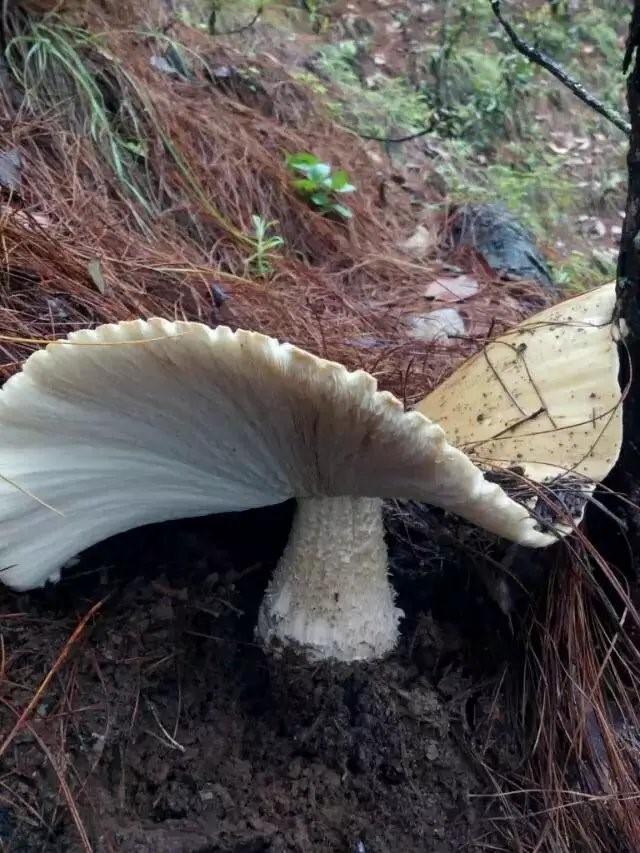
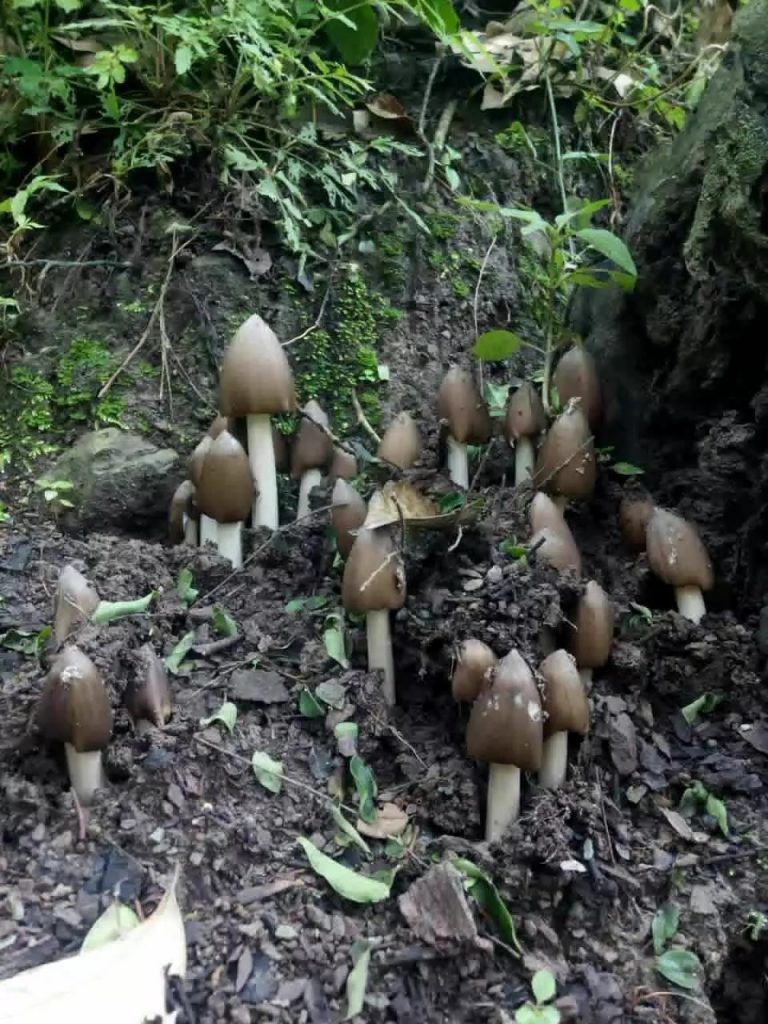
ChuXiong in the central of Yunnan Province is my hometown and an important wild mushroom production area. It has a forest coverage rate of 62.5% with mild climate and moderate rainfall. Therefore it is an abundant edible wild mushroom resource area. According to a survey, there is an area of 32.5 million mu (2.17 million ha.) of forest that can produce wild mushroom. There are more than 300 kinds of edible mushroom out of 540 kinds of wild mushroom. Some kinds of mushroom are very valuable such as “the king of mushrooms” matsutake, “the queen of fungi” bamboo-sun, “underground diamond” truffles. Others are very popular to consumers such as boletaceae, wild shiitake, polytricha, termitomyces albuminosus, kanbar fungus, morchella. Wild mushroom is fruiting body of fungi, of which requires a specific environmental condition. One needs to have enough knowledge of the environment condition and skills to “mushroom spot”. Good collectors must understand the environmental condition of each wild mushroom, and be familiar with location of wild mushroom spots. Good collectors can then form a few collecting routes to maximize mushroom collection, and also need to observe the change of the mushroom environment and soil matrix in mushroom spot in order to timely adjust collecting routes. The capability to collect mushroom is the result of a long-term study process, which requires constant practice and draw lessons from experiences.
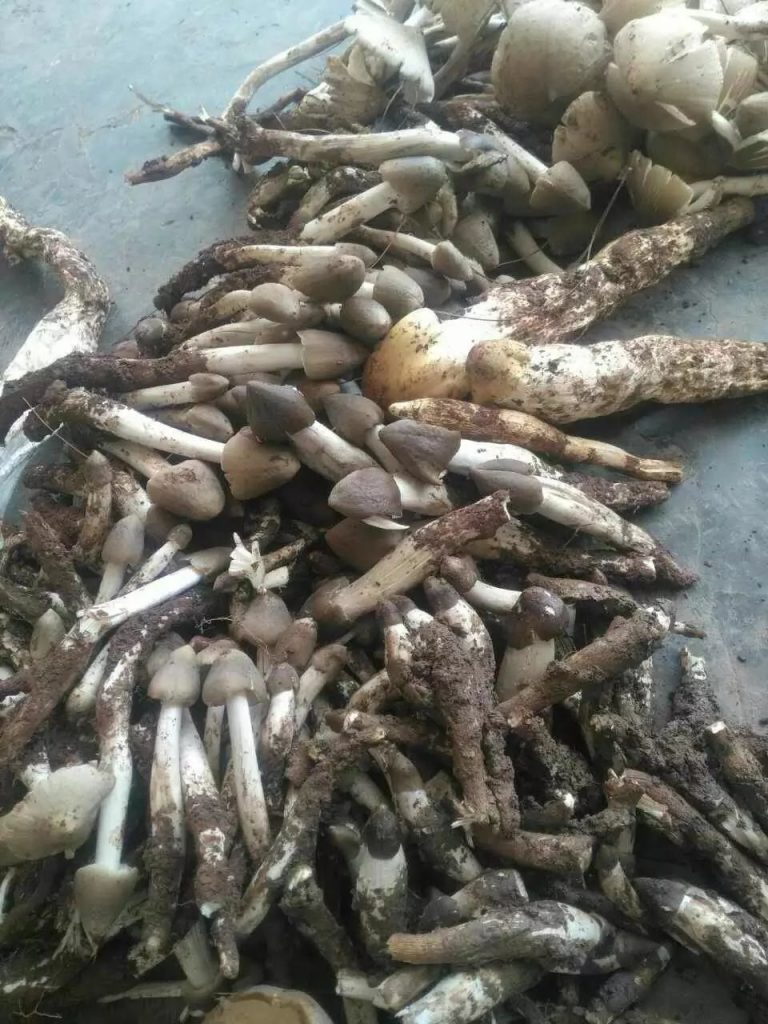
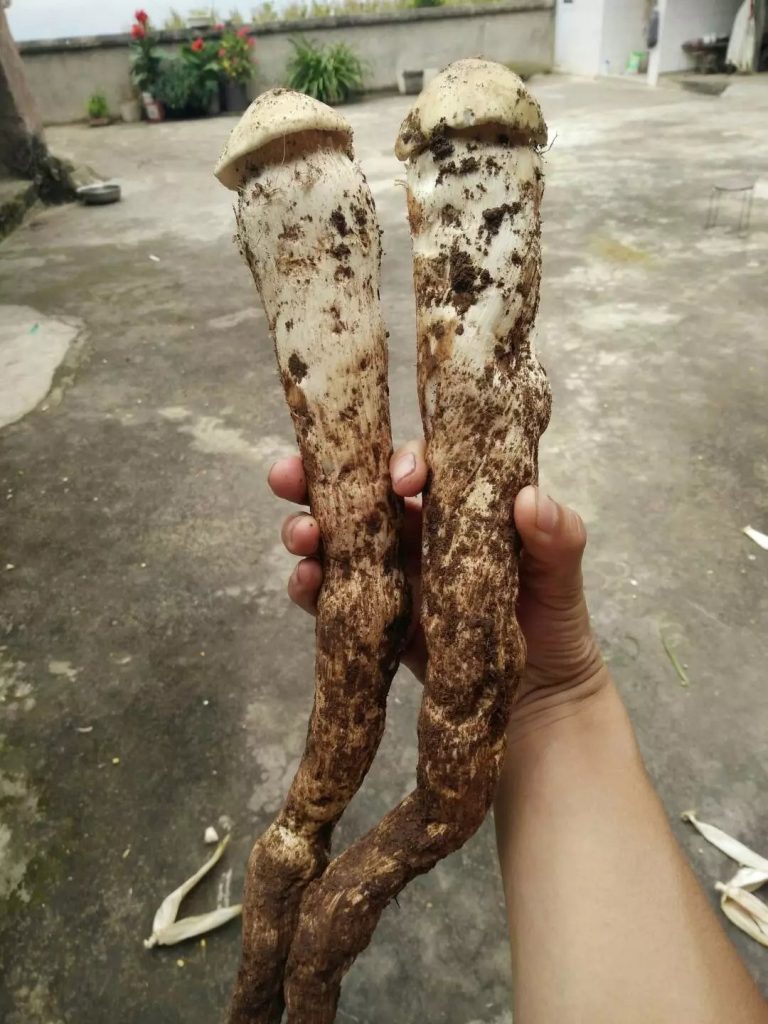
In my hometown, Chu Xiong, the cultivation rights to collective-owned forestland have been demarcated and then contracted to each household. However, access to under-canopy resources of forests is quite complicated. Water, soil and stone under forest canopy belong to farmers who have the cultivation rights while wild mushroom, wild animals and herbaceous plants are open access to everyone. This tenure arrangement provides a basis for the capability-determined right.
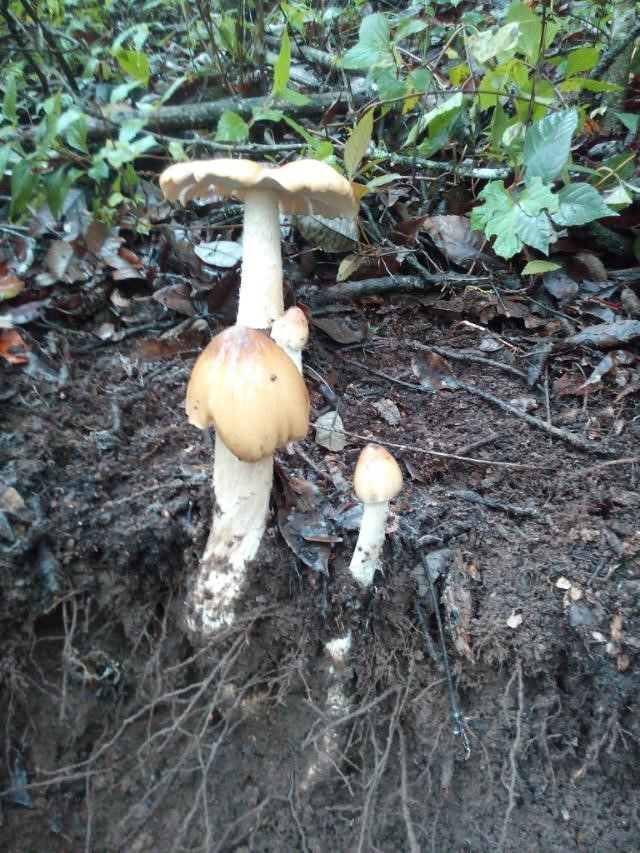
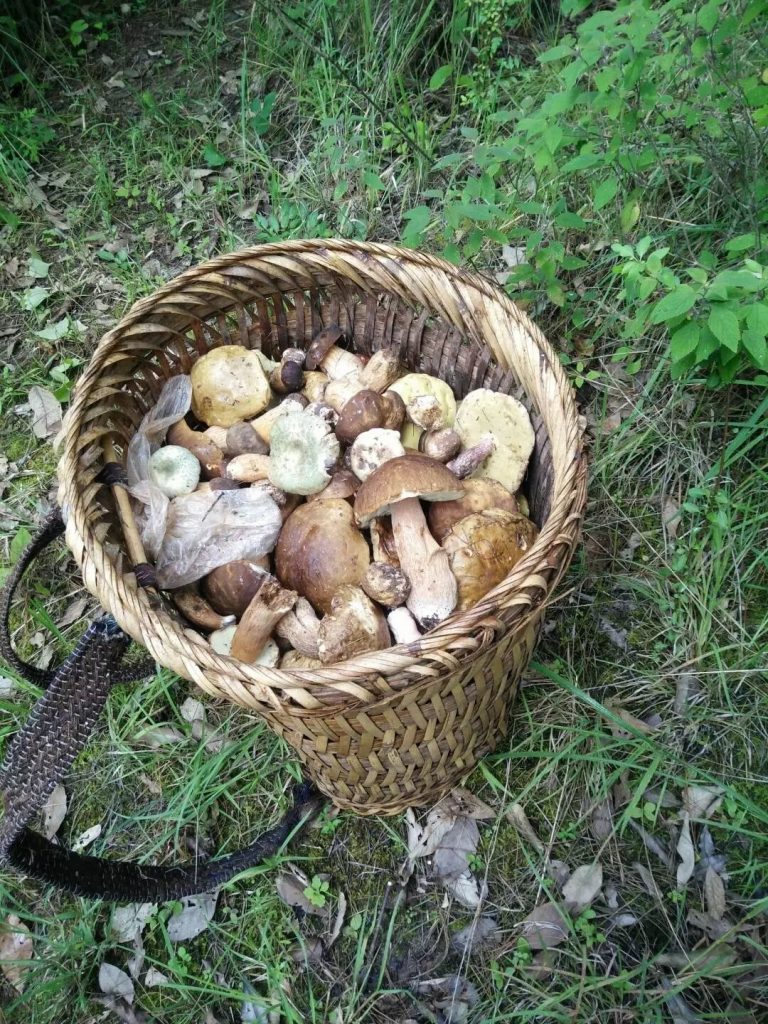
There are several characteristics about the capability-determined right to wild mushroom collection. First, wild mushroom resources are common resources open to everyone, which creates a fair competition environment; Second, knowledge and returns are highly correlated with a positive incentive, namely the more knowledge one has and the higher return one can have. Third, the arrangement of the capability-determined right needs to have enough geographical space so that these collectors can gain sufficient return over opportunity costs such as farming activities or seasonal labor. Fourth, the operation of wild mushroom collection is fitted to the rural household economic system in China that family is the basic economic unit. This wild mushroom collection arrangement has its rationales and will not lead to “the tragedy of commons”. The rationality means that competition for wild mushroom collection can regulate the number of collectors. Those who have lower capability or profit will face higher collection costs, and will then gradually lose competitive edge and drop out the collection. The winners are the minority of farmers who have more knowledge and skills and higher return.
Wild mushroom collection is a tenure arrangement of the “capability determined right”. Everyone can access mushroom collection and only a few farmers can gain higher return. This arrangement can give a few of collectors enough incentive to continuously enhance their knowledge and skills and protect the environment of wild mushrooms so as to improve the yields of wild mushroom. In this case, the capability (knowledge and skills) is a powerful force to exclude others and a positive incentive to protect the environment, or more specifically the mushroom’s environment. Policy makers should avoid imposing new policy and change this exquisite practice without consideration of its rationality, which may lead to negative environmental and economic consequences.

